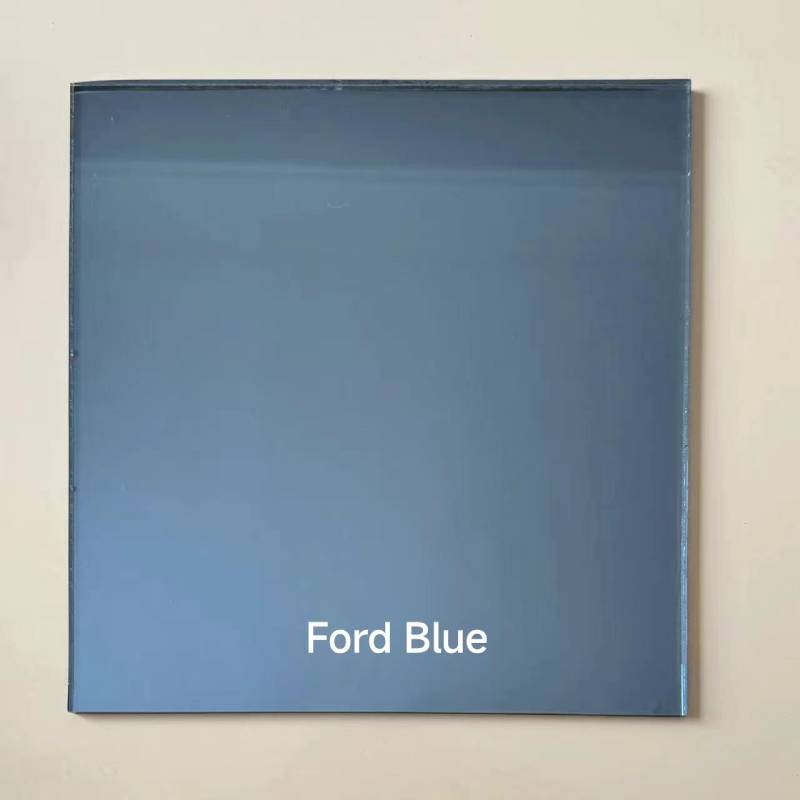

Understanding Tinted Glass Manufacturers A Comprehensive Overview
Tinted glass has become increasingly popular in various sectors, including architecture, automotive, and consumer products. It provides not only aesthetic appeal but also fundamental benefits, such as UV protection and heat reduction. As a result, tinted glass manufacturers are thriving, catering to the growing demand for both functional and stylish glazing solutions.
What is Tinted Glass?
Tinted glass is produced by adding metal oxides or other coloring agents during the manufacturing process. This glass can come in various shades, from light bronze to deep gray, allowing for flexibility in design and application. The primary purpose of tinted glass is to reduce glare and heat transmission while providing privacy and enhancing the visual impact of buildings and vehicles.
The Benefits of Tinted Glass
1. Energy Efficiency One of the most significant advantages of tinted glass is its ability to reduce solar heat gain. In residential and commercial buildings, its use can lead to reduced air conditioning requirements, thereby lowering energy costs. Tinted windows can keep indoor environments cooler during hot months, contributing to overall energy efficiency.
2. UV Protection Tinted glass significantly blocks harmful ultraviolet (UV) rays, which can cause fading in furniture, carpets, and other interior elements. By choosing tinted glass, consumers protect their investments and maintain the aesthetic value of their interiors over time.
3. Privacy and Security Tinted glass provides a level of privacy without completely obstructing light. This feature is particularly valuable in urban settings, where buildings are in close proximity to each other. Additionally, some tinted glass options are designed to be more shatter-resistant, enhancing security.
4. Aesthetic Appeal With a variety of colors and finishes available, tinted glass allows for creativity and personalization in architectural design. It enhances the overall look of buildings, vehicles, and products, making them more attractive to consumers.

The Role of Tinted Glass Manufacturers
Tinted glass manufacturers play a crucial role in meeting the diverse needs of consumers and industries. They utilize advanced technology and innovation to produce high-quality tinted glass products that comply with safety and environmental standards. Here are several key aspects of their operations
1. Research and Development To stay competitive, manufacturers invest in R&D to create new formulations and production techniques. This effort includes developing glass with improved thermal performance, better color consistency, and enhanced durability.
2. Sustainability Practices As environmental concerns rise, tinted glass manufacturers are adopting more sustainable practices. This involves sourcing raw materials responsibly, minimizing waste during production, and promoting recycling initiatives.
3. Customization Options Understanding the need for tailored solutions, many manufacturers offer customization services. Clients can specify dimensions, colors, and performance criteria, ensuring that the final product meets their unique requirements.
4. Collaboration with Designers and Architects Tinted glass manufacturers frequently collaborate with designers and architects to develop products that enhance architectural vision while meeting functional requirements. By doing so, they contribute to the creation of innovative buildings and structures.
Conclusion
As the demand for tinted glass continues to grow, the role of tinted glass manufacturers becomes ever more critical. Their commitment to quality, innovation, and sustainability not only benefits consumers but also contributes to the larger goal of creating energy-efficient and visually appealing environments. Whether in residential buildings, commercial spaces, or vehicles, tinted glass will undoubtedly remain a popular choice for years to come, playing a significant role in shaping modern architectural aesthetics and functionality.